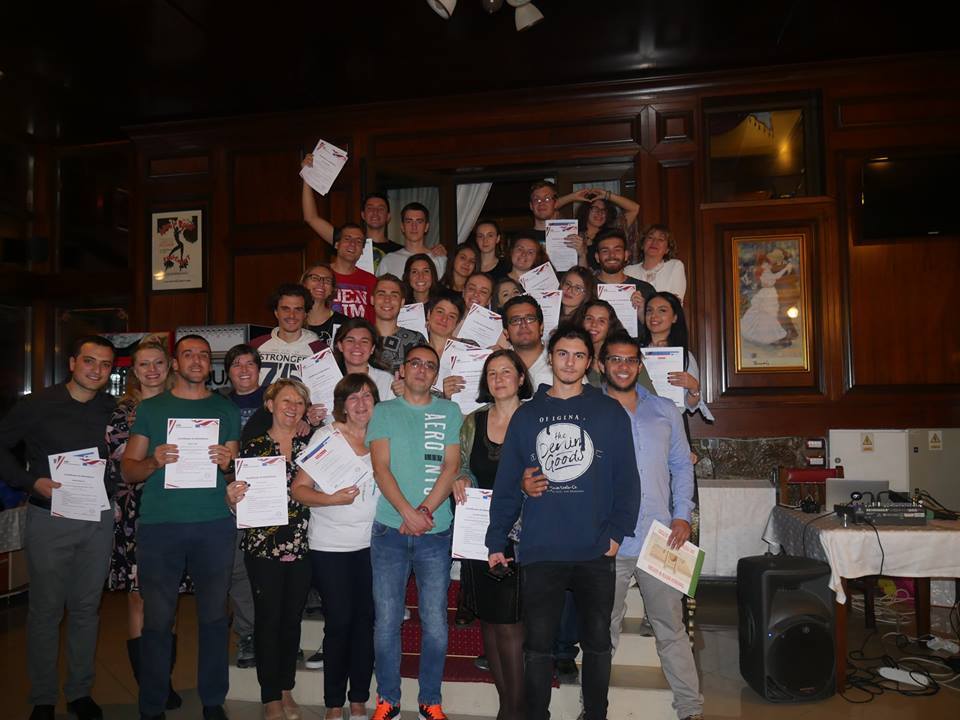 Erasmus+ KA1 – Disordered Eating and Eating Disorders in Teens
Erasmus+ KA1 – Disordered Eating and Eating Disorders in Teens
The training course in the framework of Erasmus+ KA1 Mobility for youth workers, Disordered Eating and Eating Disorders in Teens, number 2016-2-RO01-KA105-025019, financed by the European Commission, was developed in Voronet, Romania, between 1 and 11 October 2017.
The partners were: ARVIS – coordinator (Romania), Association of Psychosocial Rehabilitation Albania, Future in Our Hands (Armenia), Neformalni skupina mladeze Tereza (Czech Republic), GreenRope (Italy), Unique projects (Lithuania), Center for education and development (Macedonia), Fundacja na rzecz integracji zawodowej, spolecznej oraz rozwoju przedsiebiorczosci VIA (Poland), AKTO - Associacao Para A Promocao Dos Direitos Humanos E Democracia (Portugal), Colegiul National "Petru Rares" Suceava (Romania), SYTEV (Slovakia), Asociacion Mentes Abiertas (Spain) and Asociacion ProJuven (Spain).
The course offered the participants the possibility to get a deeper knowledge upon the disordered eating and eating disorders, to create an original strategy of working with adolescents so as to minimize the risk factors and to test this strategy at the local level in their youth work.
The methods were specific to nonformal education and were meant to develop the trainees’ creativity and involvement: knowledge and trust exercises, reflection exercises; a lecture, PP presentations; open space, round table, workshops, learning café; roles play, simulations; watching short movies; study visits; trip; designing and editing a miniguide CODE, an informative and raising awareness material, a movie and a blog.
Both on short and long term, significant results will be reached: youth workers will gain the necessary competences for helping teenagers to develop a nutritional culture; organizations which will enlarge their expertise area and educational offer; communities will develop a proactive behavior towards the teenagers with alimentary problems. In consequence, DEED project forsees a significant impact upon different target-groups.

